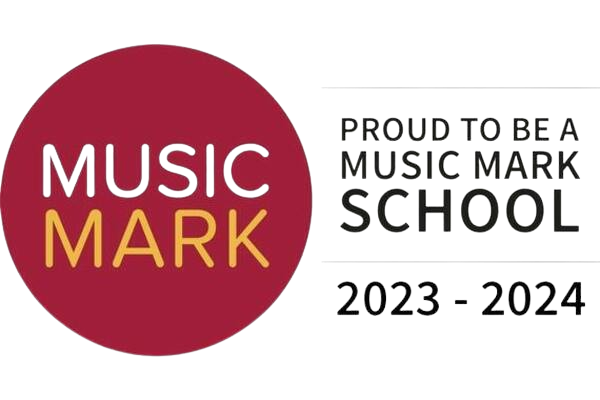English & Maths School Support
ENGLISH
Links for Home-Learning-Help English videos by Mrs Stubbs
Introductory video (explaining the content of the other two)
Supporting children with writing (EYFS, Y1 & Y2)
Supporting children with writing (using elements of ‘The Write Stuff’ approach) (Y1-6)
Alphabet-Letter-Formation-Poster-Lower-Case
Alphabet-Letter-Formation-Poster-Upper-and-Lower-Casepdf
Common-exception-words-years-1-2-3-and-4-alphabet-word-mat
Common-Exception-Words-Years-1-and-2-Word-Mat-Precursive
Common-exception-words-years-5-and-6-alphabet-word-mat
MATHS
https://youtu.be/h1XJkeo0xZY
This website has short video clips to explain the following:
Animation: What is number?
An introduction to the concept of number, explaining the difference between cardinal, ordinal and nominal numbers.
How to support your child to recognise numbers
Understand how to help your child recognise numbers with Paul Repper.
Animation: What is subitising?
An animated introduction to subitising and early number sense.
calculation information for parents 2021
https://mathsnoproblem.com/en/parent-videos/
This website has short video clips to explain the following:
Fundamental Idea
Dr Yeap talks about one of the fundamental ideas in mathematics: that items can only be counted, added, and subtracted if they have the same nouns. He uses a simple example with concrete objects, chocolates and glue sticks to illustrate the point and then shows how it relates to column addition and the addition of fractions.
Number Bonds
Dr. Yeap explains how young children can use concrete materials and later use pictorial representations as number bonds. Number bonds represent how numbers can be split up into their component parts. Children can explore number bonds using a variety of concrete materials, such as counters with containers and ten frames or with symbols.
Subtraction
Dr. Yeap explains how standard column subtraction can be taught meaningfully by using children’s knowledge of number bonds. Once children can explain how numbers can be split into their component parts, they can adapt their understanding to the conventional column subtraction method.
Mental Calculations
Dr. Yeap discusses how children can develop an ability to calculate the four operations (addition, subtraction, multiplication and division) in their heads without the use of paper and pencil or calculators.
Multiplication
Dr. Yeap discusses how children can learn their times tables meaningfully by using visualisation and other strategies.
Long Division
Dr Yeap discusses how children can learn to do long division meaningfully by first using concrete apparatus, such as base-10 materials, to perform the operations. They can then explore how this idea is represented in the long division algorithm.
Bar Model 1
Dr. Yeap discusses how diagrams can be used to represent a situation in a problem: such as rectangles representing (unknown) quantities. This method of visualising problems is known as the bar model.
Bar Model 2
Dr. Yeap gives another example of the bar model: how diagrams can be used to represent situations in a problem.
https://www.youtube.com/channel/UCob4tkfOSXy6yav9Y54SKIQ
Welcome to Maths 4 Kids, a brand new channel aimed at showing you all that Maths can be fun and something everyone can do. You might be a child wanting a bit of extra help; a parent wanting to understand the methods taught in school today (lots has changed since you were at school!) or you may be a teacher, looking for ideas on how to help the children in your own classroom. Amber will introduce a new topic every week, with examples and questions for you to try yourself. Come and join us on the Maths learning journey. We hope you enjoy the ride!


